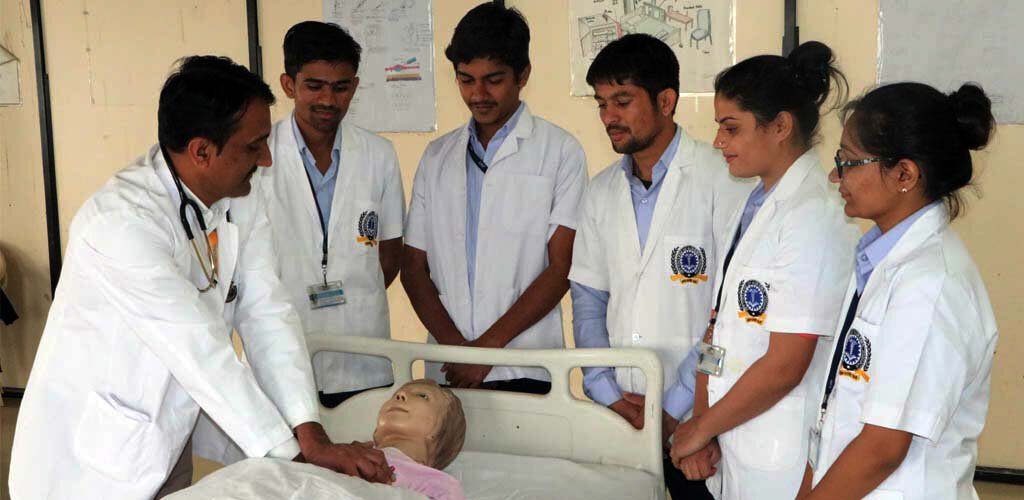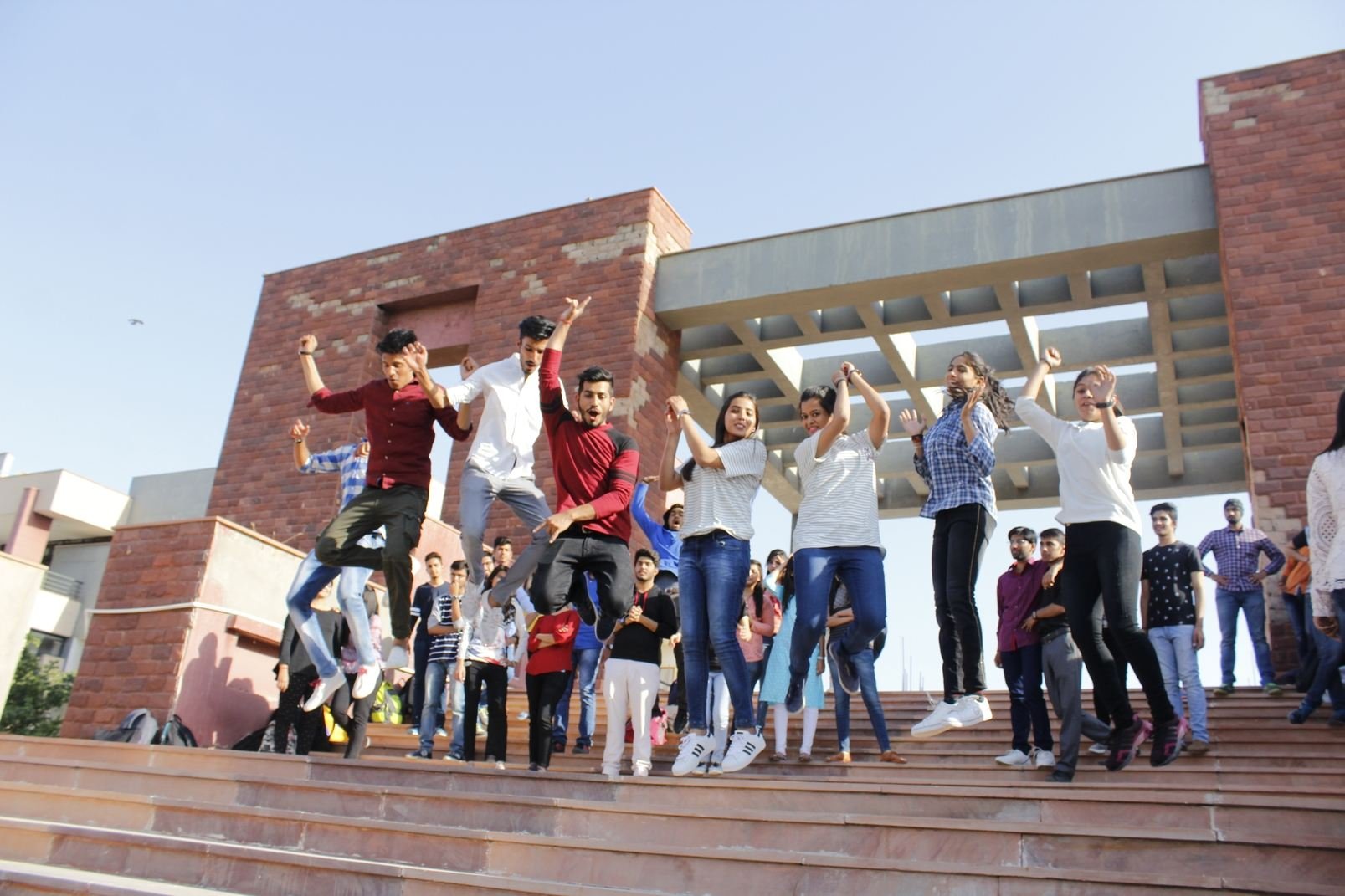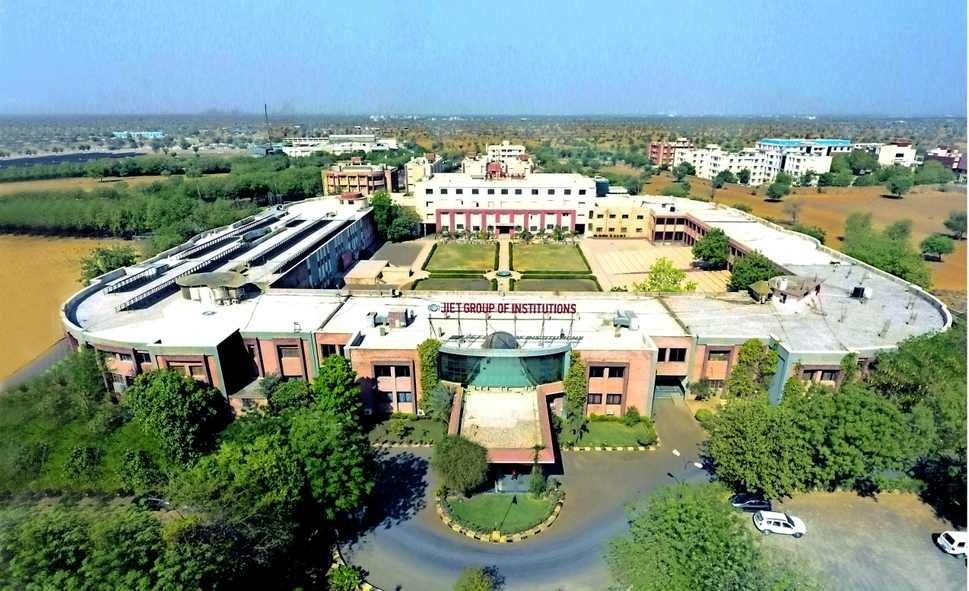Promoting Health Equity: Role of Nurses in Rajasthan
Rajasthan, the largest state in India, faces numerous healthcare challenges and disparities, including limited access to healthcare, poor sanitation and hygiene, and high rates of maternal and child mortality. Addressing these disparities is crucial to improving the health and well-being of the state's population. Nurses play a vital role in promoting health equity and addressing these disparities. JIET Universe, a leading educational institution in Rajasthan, offers a nursing course that prepares students to become skilled and compassionate nurses who can contribute to improving healthcare in the state. In this blog post, we will explore the role of nurses, including those trained through JIET Universe, in promoting health equity in Rajasthan.
I. Providing Culturally Competent Care
In Rajasthan, where the population is predominantly rural and diverse in terms of language and culture, providing culturally competent care is essential to reducing health disparities. Nurses who are culturally competent can help ensure that patients receive care that is respectful and responsive to their cultural and linguistic needs. This includes understanding the cultural beliefs and practices of patients, as well as language barriers that may affect communication. JIET Universe's nursing course emphasizes cultural competence, ensuring that its graduates are well-prepared to provide quality care to patients from diverse backgrounds.
II. Participating in Community Outreach and Education Programs
Community outreach and education programs can help improve the health outcomes of underserved and vulnerable populations in Rajasthan. These programs can provide education and resources on preventative healthcare, chronic disease management, and healthy lifestyle behaviors. Nurses trained through JIET Universe can work with community organizations and public health agencies to develop and implement these programs, as well as provide direct education and support to patients. For example, they can organize health camps in remote areas to provide basic healthcare services and awareness on preventive measures to people who lack access to healthcare.
III. Advocating for Policies that Improve Access to Healthcare Services
In Rajasthan, there is a significant shortage of healthcare professionals, particularly in rural areas. Nurses can advocate for policies that improve access to healthcare services for underserved populations. This includes advocating for policies that increase funding for community health clinics, expand Medicaid eligibility, and improve healthcare workforce diversity.JIET Universe's nursing graduates can become leaders in advocating for these policies and promoting equitable healthcare access for all.
IV. Addressing Implicit Bias Implicit bias is a significant issue in Rajasthan's healthcare system,
where caste-based discrimination and gender inequality are prevalent. Nurses trained through JIET Universe can address implicit bias by becoming aware of their own biases and taking steps to counteract them. This includes seeking out education and training on implicit bias, as well as actively challenging stereotypes and assumptions about patients. JIET Universe's nursing course includes training on cultural competence and diversity, preparing its graduates to recognize and address implicit bias in healthcare.
conclusion
In conclusion, nurses, including those trained through JIET Universe's nursing course, have a critical role to play in promoting health equity and addressing health disparities in Rajasthan. By providing culturally competent care, participating in community outreach and education programs, advocating for policies that improve access to healthcare services, and addressing implicit bias, nurses can help ensure that all patients in Rajasthan have equal access to quality healthcare services. JIET Universe's nursing course prepares its graduates to effectively advocate health equity in Rajasthan and beyond. It is essential that nurses remain committed to this important work and collaborate with policymakers, healthcare providers, and community organizations to address the healthcare disparities in Rajasthan.













